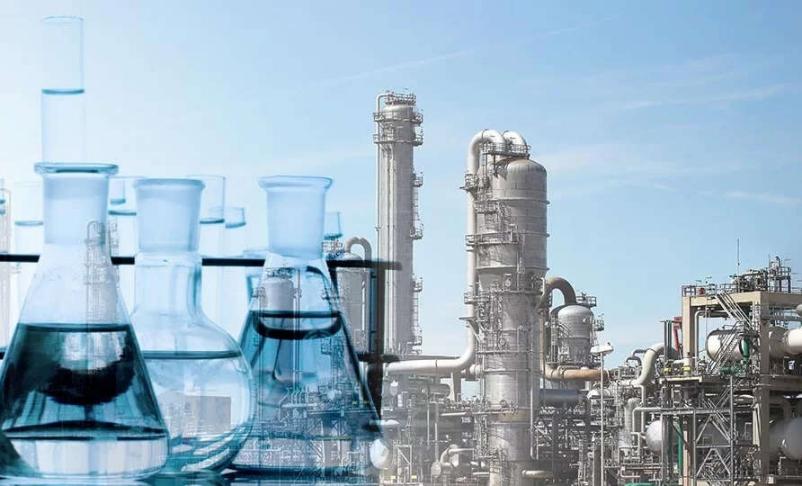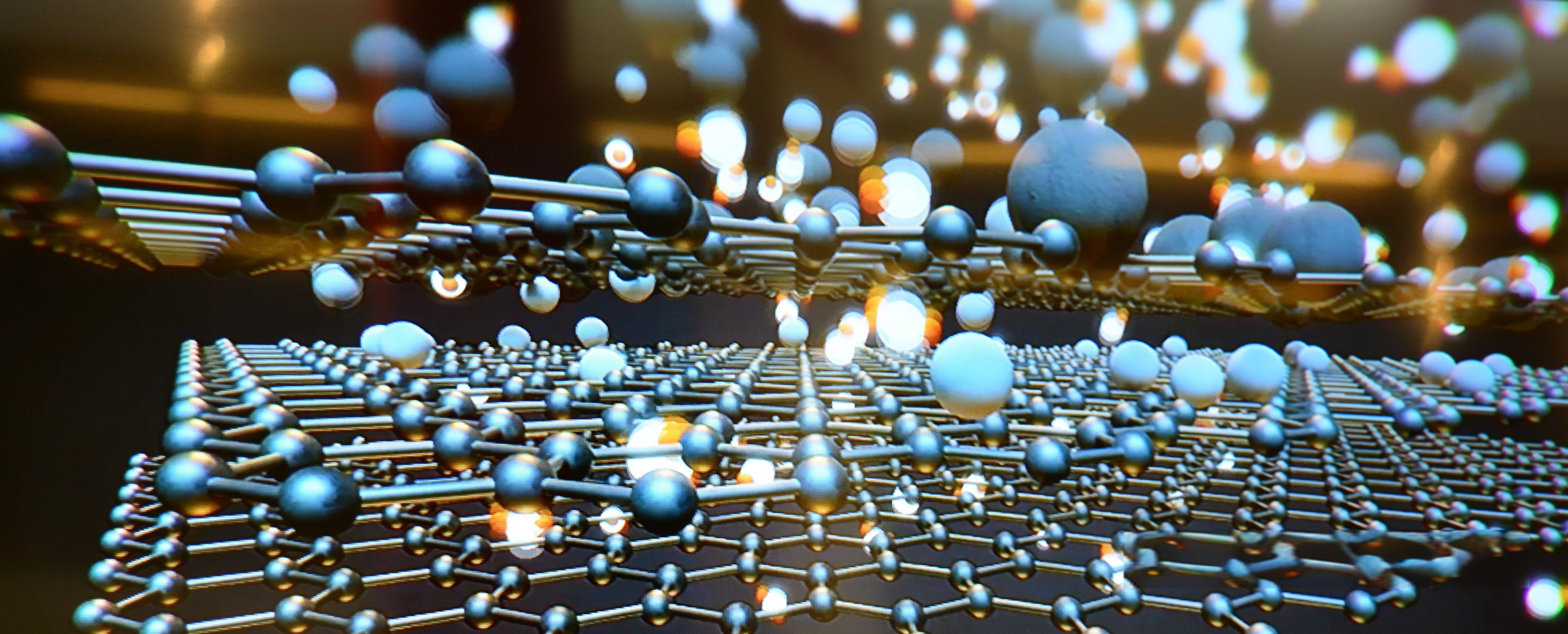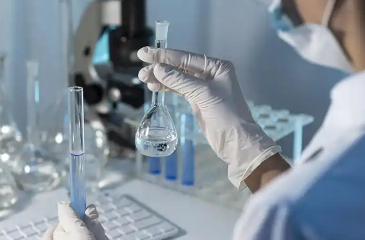Polymeric Chain Extenders: Key Role and Applications in Polymer Chemistry
What Are Polymeric Chain Extenders?
Polymeric chain extenders are chemicals that improve polymers by linking their chains. This process changes the polymer’structure and properties.
Why Are Chain Extenders Important?
They are crucial for enhancing polymer properties, making them stronger and more versatile for various applications.
Uni-Extra Series Chain Extenders
Uni-Extra chain extenders are unique polymers with epoxy groups. They improve polycondensation polymers by increasing molecular weight and melt strength. This happens through chemical reactions between the epoxy group and other functional groups like -COOH, -OH, and -NH2. As a result, the polymer performs better and flows more easily during processing.

Understanding Polymeric Chain Extenders
What Are Chain Extenders?
Chain extenders are chemicals that lengthen the polymer chains, enhancing the physical properties of the polymer. By increasing the polymer’s molecular weight, chain extenders improve its strength and durability. These chemicals typically contain reactive groups, like epoxy, which bond with other parts of the polymer, facilitating the chain extension process.
Unlike other additives, such as plasticizers and stabilizers, chain extenders focus on improving the polymer’s mechanical properties. Plasticizers, for example, soften polymers, while stabilizers protect them from degradation over time. In contrast, chain extenders strengthen the polymer, improve its stability, and enhance its processing capabilities.
Mechanism of Action
Chain extenders work by linking shorter polymer chains together. This occurs through chemical reactions between the functional groups of the chain extender (e.g., epoxy or hydroxyl groups) and the ends of the polymer chains. The result is a longer, stronger polymer with enhanced mechanical properties. These reactions may also boost the polymer’s resistance to heat, chemicals, and other environmental factors.
Types of Polymeric Chain Extenders
Organic Chain Extenders
Organic chain extenders are commonly used to modify polymers. Examples include diols (with two alcohol groups), diamines (with two amine groups), and dicarboxylic acids (with two carboxyl groups). These compounds react with polymers to initiate the chain extension process, altering the polymer’s properties.
Polymeric Chain Extenders
Polymeric chain extenders are made from low molecular weight polyesters or polyethers. These larger molecules have multiple reactive groups that facilitate chain extension. They work similarly to organic chain extenders but are often more effective due to their size and multiple reactive sites, which further enhance the polymer’properties.
Selection Criteria
Choosing the right chain extender depends on several factors. Compatibility with the polymer is crucial, as the extender must bond effectively. The reaction kinetics, or speed of the reaction, are also important, as they can influence the final polymer properties. Additionally, the intended use of the polymer—such as its strength, flexibility, or heat resistance—will determine the best choice of extender.
Key Roles of Polymeric Chain Extenders in Polymer Chemistry
Enhancing Mechanical Properties
One of the primary functions of chain extenders is to improve the mechanical properties of polymers. By lengthening the polymer chains, the polymer becomes stronger, more flexible, and tougher. This makes it suitable for a wide range of applications requiring durability and flexibility.
Improving Thermal Stability
Chain extenders also increase a polymer’s thermal stability. They can raise the glass transition temperature (Tg), the point at which a polymer transitions from a rigid, glassy state to a softer, rubbery one. By improving this thermal stability, the polymer can withstand higher temperatures without losing strength or shape.

Modifying Viscosity and Flow Properties
Chain extenders can alter the viscosity and flow characteristics of polymers during processing. This is especially useful in melt processing and extrusion, where smooth flow is essential for shaping the polymer into forms like sheets, films, or bottles. By improving these flow properties, chain extenders make it easier to work with the material in manufacturing.
Enhancing Durability and Chemical Resistance
Chain extenders also enhance the polymer’s durability and resistance to chemicals. The extension of the polymer chains makes it more robust and less susceptible to degradation, especially in harsh environments. This makes the material better suited for long-term use in applications exposed to heat, moisture, or chemicals.
Applications of Polymeric Chain Extenders
Increasing Polymer Melt Strength
Chain extenders are used to increase the melt strength of polymers. For example, Uni-Extra series polymeric chain extenders improve the molecular weight of biodegradable materials like PLA, PBS, and PHA. These materials become stronger and easier to process. Chain extenders help in applications such as sheet extrusion, film blowing, bottle blowing, and other molding processes. By improving the melt strength, these extenders make the polymer more suitable for various processing techniques.
Preventing Hydrolysis During Processing and Use
Polymers like PLA can undergo hydrolysis during processing, which decreases their molecular weight and performance. Adding chain extenders reduces water absorption, helping to maintain the polymer’molecular weight and enhance its durability. This makes the polymer less prone to degradation due to moisture, improving its overall performance.
Recovery of Degraded Polymers
Chain extenders are also used to restore the properties of degraded polymers, especially recycled biodegradable materials such as PLA, PHA, and PBAT. During recycling, polymer chains often break down, leading to a loss of performance. Chain extenders reconnect these chains, restoring the polymer’molecular weight and improving its properties, which helps recycled materials perform closer to new materials.
Improving Tensile Strength of Engineering Plastics
Chain extenders are commonly used to increase the tensile strength of engineering plastics. By increasing molecular weight, the polymer becomes stronger and more resistant to stress, making it ideal for high-strength applications that demand durability.
Enhancing Compatibility in Polycondensation Alloy Materials
In polycondensation alloys, chain extenders improve the compatibility and dispersibility of materials. This leads to better coloration, sealing, and heat resistance in the final product. By enhancing these properties, chain extenders improve the overall performance of polycondensation alloys, making them more effective in industrial applications.
Boost Your Polymer Performance with Our Chain Extenders
Looking to improve the strength and durability of your polymers? Polymeric chain extenders are the solution. These additives increase molecular weight, enhance heat resistance, and improve processing. Whether you’re working with biodegradable or engineering plastics, chain extenders can make a significant difference. Improve your material’performance today! Start using chain extenders to boost your polymer’s capabilities. Contact us now to learn more or get started!
Access Our Product Catalog and More to Discover High-Performance Chemicals Tailored to Your Business Needs




